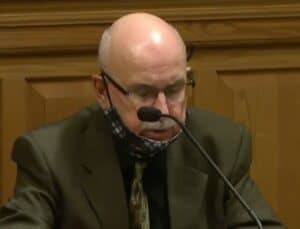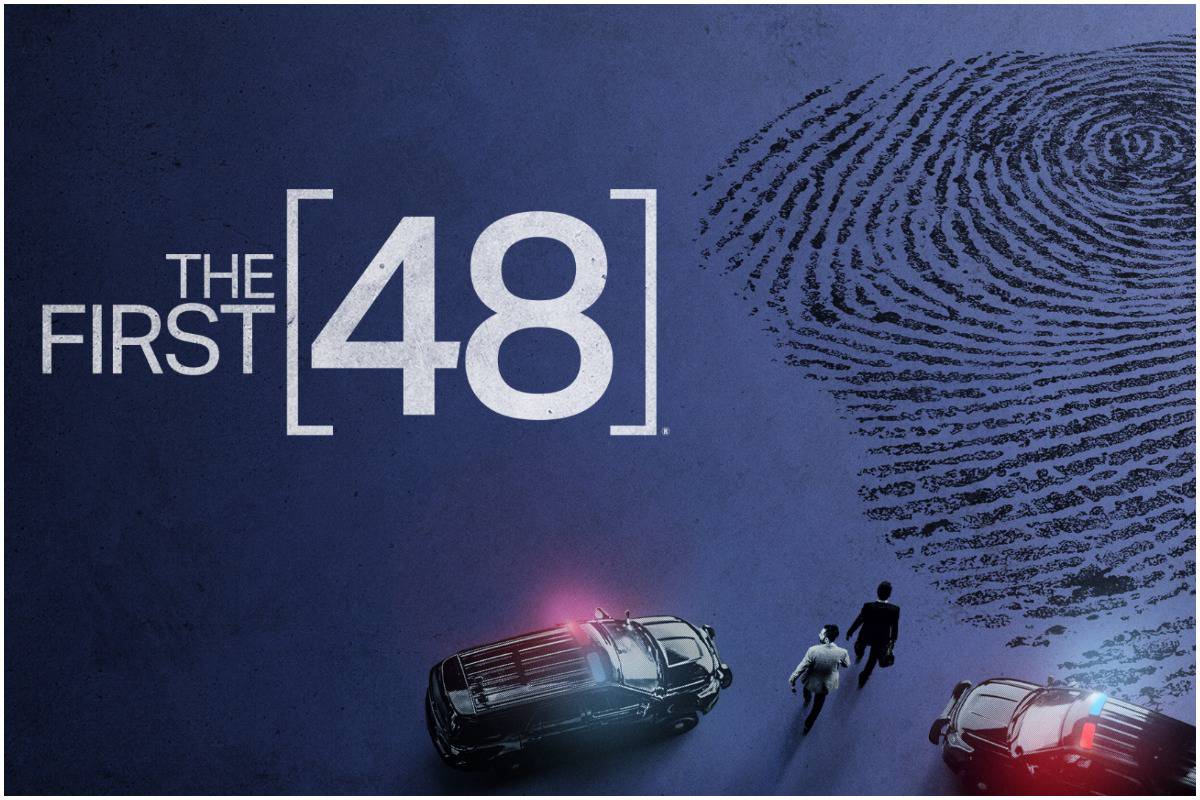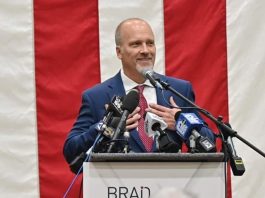‘The First 48’ Milwaukee: “Better ways to improve the public relations of MPD,” including “Less corruption…less violence toward the community.” – Rep. Brostoff
You won’t be seeing Milwaukee police on the national television show The First 48, if some city aldermen have their way. One alderman even declared that the show was “traumatizing” to him. A state representative told aldermen the show gives him “fear” and “trepidation.”
Even though Milwaukee police testified that they believed the television show would help improve community relations with the Police Department by humanizing detectives and showing the investigative process, a City Council committee recommended against MPD’s appearance on the long-running A&E show. The full Common Council will have the final say. The Public Safety and Health Committee voted unanimously to place the matter on file, the committee then unanimously moved to place the resolution on file, which means it’s recommending that the council say no to the partnership.
One alderman asked how many people featured on the show were black, but the producer said she did not know.
Inspector Paul Formolo, of the MPD homicide unit, told the committee that Milwaukee police wanted to partner with the show “to provide the community with transparency and change perceptions of how we conduct homicide investigations. Our investigators are competent, professional and humane, and they’re working hard to get justice for these families. That’s the priority. This is truly an opportunity to improve legitimacy and engage with the community positively.”

But Ald. Khalif Rainey said he used to watch the show, and he found it too traumatizing over time to continue.
“I used to watch The First 48 all the time; it actually got to the point that it was traumatizing to me,” said Rainey. “It was traumatizing to see families and loved ones grieving over the loss of a loved one’s life. I am going to be a no vote.”
(We previously wrote a story on an unsolved homicide case in Milwaukee in which a grieving father said he felt let down by what he believed was Rainey’s failure to respond more empathetically to his son’s death.)
He said that going on the show was “not the face we want to project to the rest of the world” because the city is trying to attract employers to Century City and is already getting bad headlines for being the “worst place for black people to live.”
State Rep. Jonathan Brostoff took time out of his state duties to appear at the city Public Safety and Health Committee meeting on March 11 and argue against MPD’s participation in the show. “I want to register my own trepidation and fear of moving forward with this. I think it could be incredibly damaging,” he said. Brostoff, who is known for his virulent and constant anti-police comments and social media posts, said there were “better ways to improve the public relations of MPD,” including “Less corruption…less violence toward the community.”
The First 48, which has filmed in 27 cities all across the country, focuses on the premise that the first 48 hours in any homicide investigation are the most critical. The show follows homicide detectives in real-time and documentary style as they do their jobs. Police say other cities that have been on the show say it’s helped with investigations and built trust with the Police Department.
Camille Mays, a member of the community, said she worked with “homicide families” and police-community relations. She said that her son was murdered in 2019. She is also involved in CrimeStoppers. She said there is a problem in Milwaukee to get people to talk to help police solve homicides. “My concerns with The First 48… it’s very traumatizing for me with the experiences I’ve experienced…I’m really concerned about the witnesses who speak out with retaliation. My concerns are once these cameras come in even if the people are in jail, they have people out in the community.” She said that “people find out, they know” and retaliate against witnesses who do cooperate. “I’m having a hard time seeing the benefits for our community with this.”
Producer Erin McCarthy told the community that the show includes “families, friends and members of the community. We have no interest in mischaracterizing the city or its residents. It’s a transparent representation of detectives that has led to improved community relationships due to the humanization of all involved.”
Several aldermen demanded to know whether police or The First 48 had hard data showing the show has reduced crime or increased clearance rates. McCarthy said that the evidence is anecdotal, but departments, where the show was filmed, have told the show it helped improve community relationships. She claimed the show was mischaracterized in news coverage reporting that the City of New Orleans was ending its partnership with the show after controversies involving a triple murder case.

Ald. Mark Borkowski said that he received negative emails about MPD going on the show. He said that he did not want to “cause more furor in the community. We’ve all had enough. We recognize we need to make changes. I thought in my heart of hearts this was a good thing to do…I’m not looking to cause trouble.”
The First 48 Milwaukee?
Nick DeSiato, chief of staff, for the MPD, said the show first approached the department a year ago. “We went from being skeptical to being interested to being enthusiastic,” he said.
DeSiato said The First 48 is a “good show.” One element that was very important to MPD: “You need to have the family participation in order for that show to air,” DeSiato said.
He said that the show “does create that connection…for people to be part of the solution.” He said police believe the show would “promote and improve police legitimacy. It’s important to see that our police department is committed to providing justice to the loved ones of those victims.” He said the show also “promotes transparency” because it “shows what that process is.” DeSiato believes The First 48 Milwaukee would improve homicide clearance rates due to imp
Table of Contents


![WATCH: Elon Musk Town Hall Rally in Green Bay [FULL Video]](https://www.wisconsinrightnow.com/wp-content/uploads/2022/04/Elon_Musk_3018710552-265x198.jpg)



![The Great American Company [Up Against the Wall]](https://www.wisconsinrightnow.com/wp-content/uploads/2025/03/MixCollage-29-Mar-2025-09-08-PM-4504-265x198.jpg)
![The Wisconsin DOJ’s ‘Unlawful’ Lawman [WRN Voices] josh kaul](https://www.wisconsinrightnow.com/wp-content/uploads/2025/03/MixCollage-29-Mar-2025-08-48-PM-2468-265x198.jpg)



![Judges vs. Trump [Up Against the Wall] Frederick Walls Trump Holds Cash Special Counsel Jack Smith Iowa Victory for Trump Remove Trump From Primary Ballot](https://www.wisconsinrightnow.com/wp-content/uploads/2023/11/trump-case-dismissed-265x198.jpg)
![The Fed Reverses Course [Up Against the Wall] the fed](https://www.wisconsinrightnow.com/wp-content/uploads/2023/07/Collage-Maker-20-Jul-2023-08-12-AM-729-265x198.jpg)